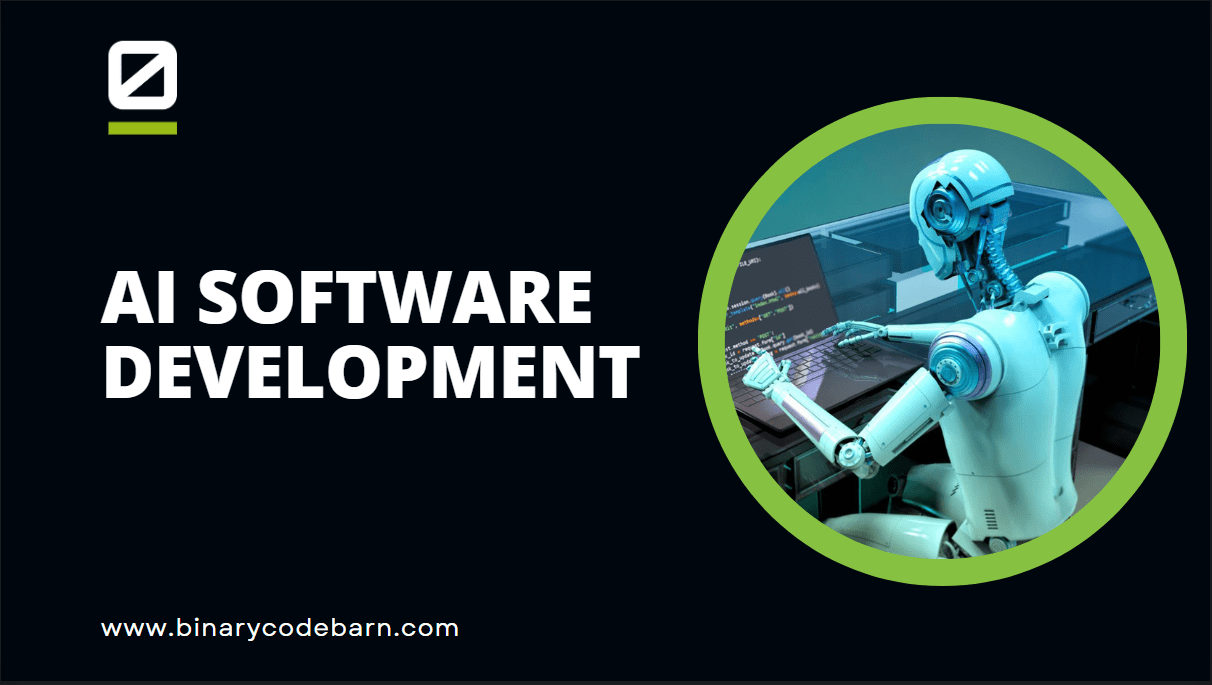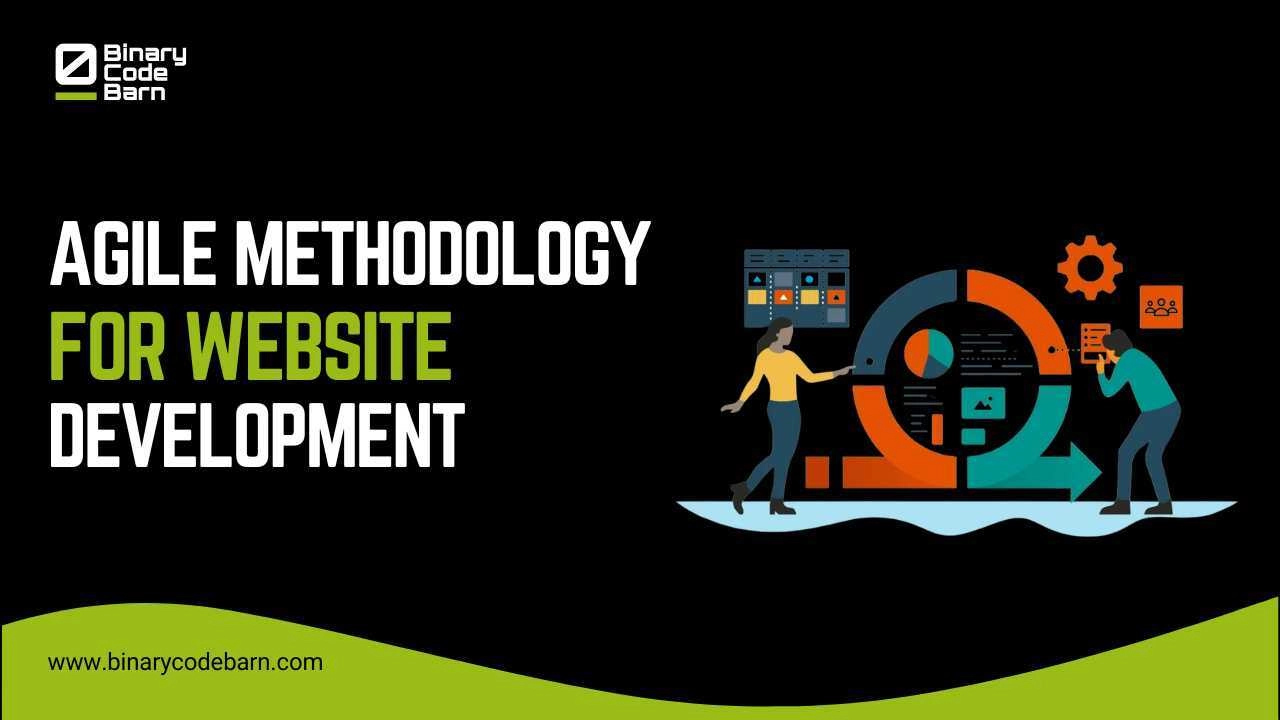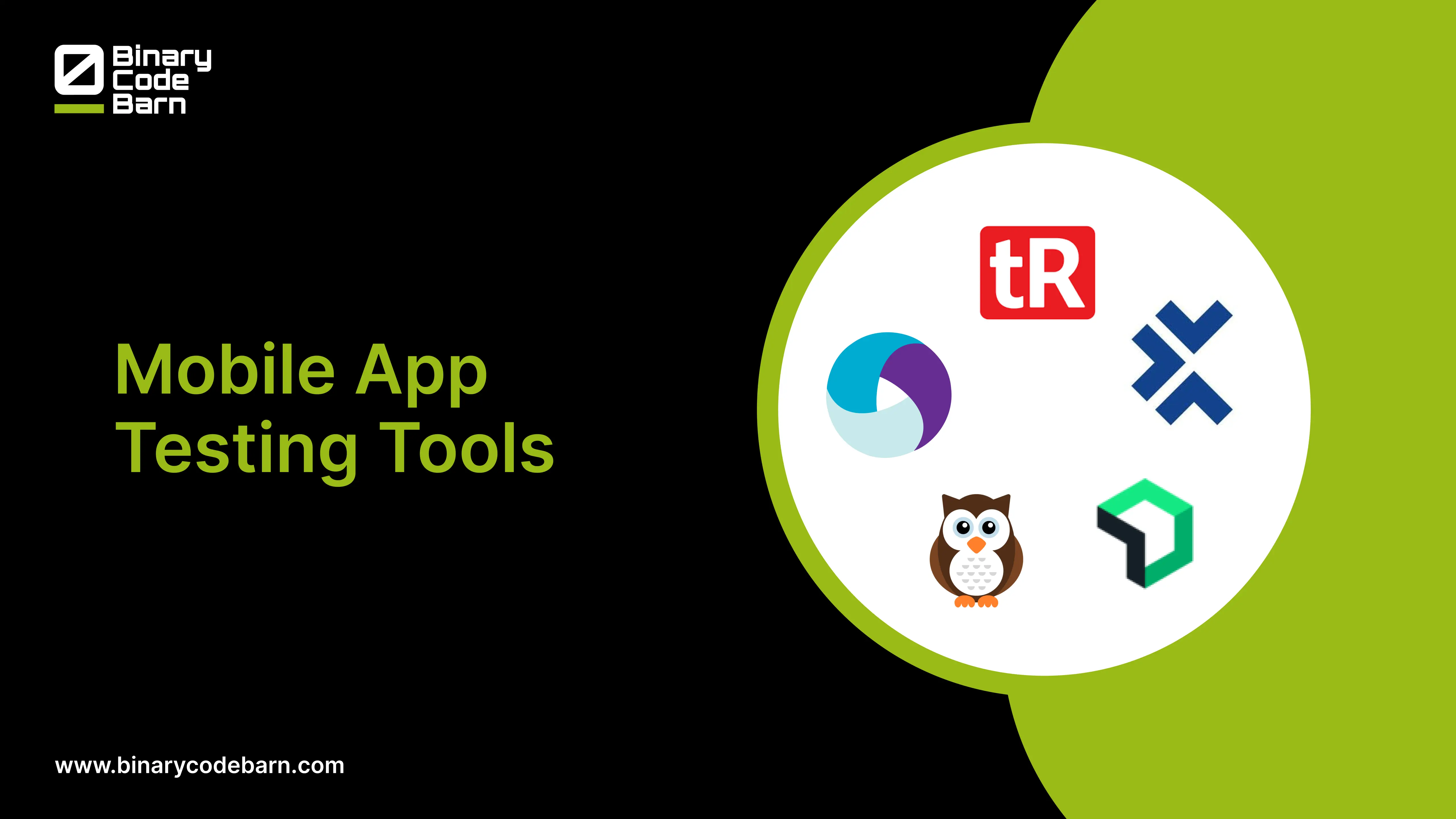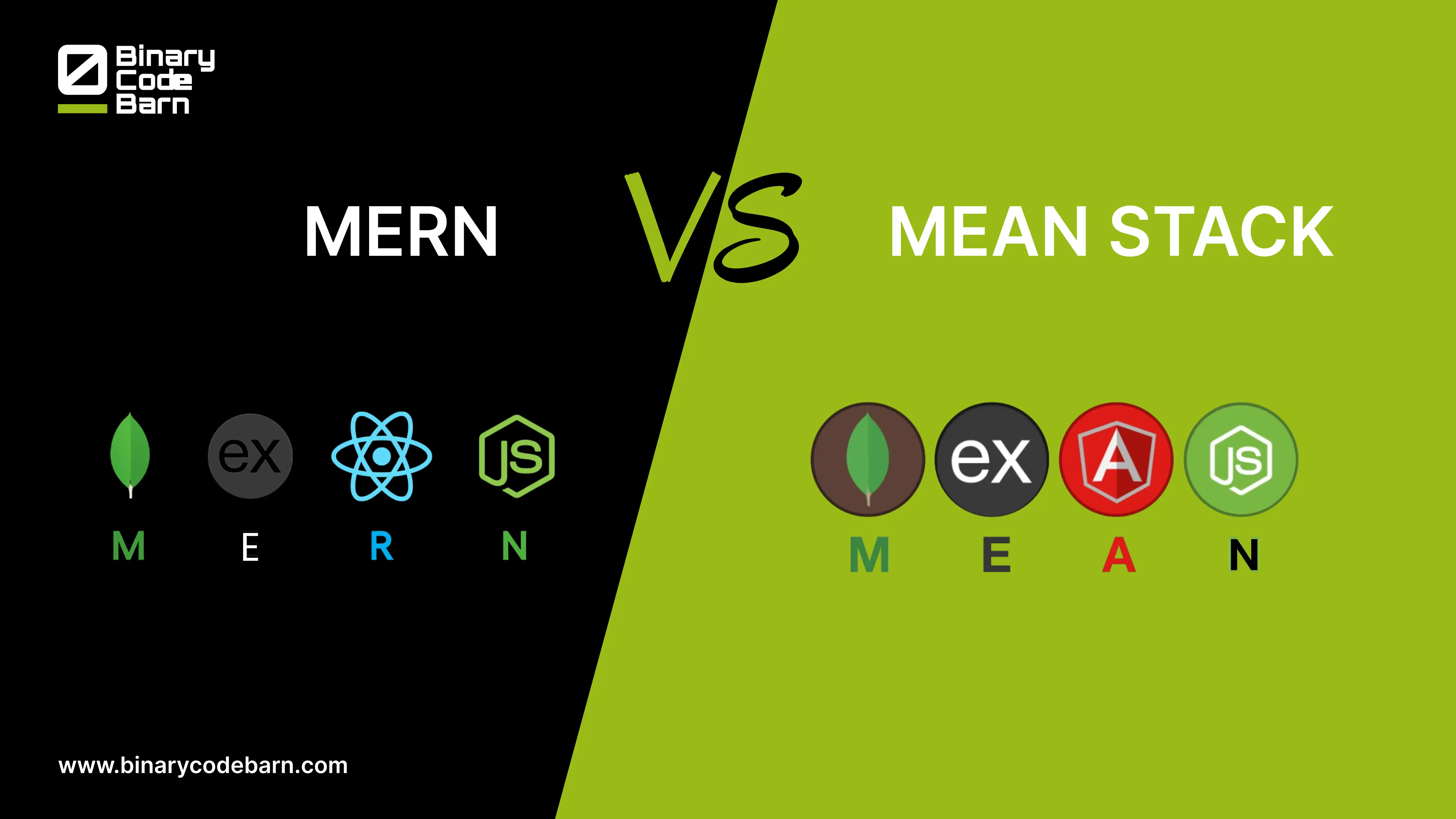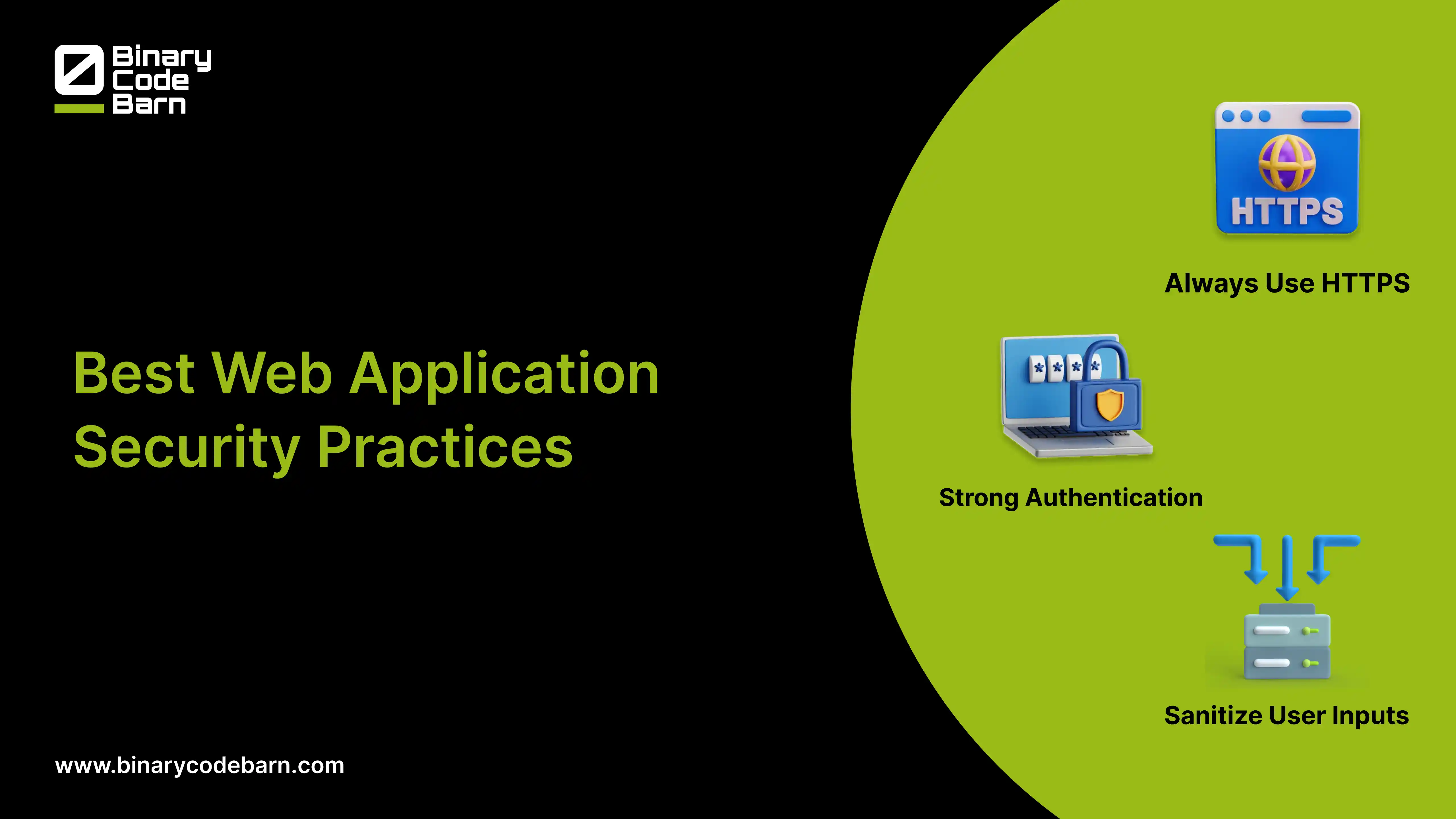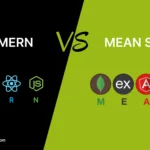AI has become a transformative force in software development. AI software development process offers new opportunities in multiple fields. Global AI market is expected to grow about 37.3% from the year 2023 to 2030. For tech leaders using AI is crucial for achieving success in this competitive world. According to Deloitte 94% of business leaders view AI software development solutions as critical to future success.
By integrating AI software development solutions businesses can accelerate product delivery. AI based software development is essential for optimizing processes, boosting productivity and staying competitive. Go through the article to explore popular AI tools and techniques that can enhance your development workflow.
What is AI Software Development?
AI Software Development refers to the use of AI technologies to enhance and optimize various stages of SDLC. By integrating AI organizations can improve code quality, reduce development time, and increase productivity.
AI software development technologies are particularly impactful, offering tools for:
- Code Completion
- Bug Detection
- Automated Testing
- Test-Driven Development
- Code Generation
These AI tools learn from existing code repositories and recognize development patterns, aiming to increase efficiency and reduce errors.
How To Develop AI Software?
Follow these simple steps for AI software development process:
- Identify the business needs and how AI can provide a competitive edge.
- Decide between developing a proprietary AI model or integrating a pre-trained one.
- Plan the system’s architecture, focusing on performance and scalability.
- Create user-friendly interfaces with the end-users in mind.
- Collect data for model training and split it into training, validation, and test sets. Customize pre-trained models if necessary.
- Conduct exploratory data analysis, train the model, and fine-tune it for optimal performance.
- Develop the server-side code and conduct parallel testing.
- Deploy the proprietary or pre-trained model and optimize it based on results.
- Integrate the AI solution with third-party systems and the user interface.
- Implement a strategy for user adoption and continuously maintain the solution to ensure accuracy and fix issues.
5 Best AI Software Development Platforms
Developers use AI tools with built-in machine learning to quickly create high-quality applications. Some of the best AI Software Development Platforms are as follows:
Google Cloud AI Platform
Google Cloud AI Platform is a comprehensive set of tools & services provided by Google Cloud. It is designed for developing, training and deploying ML models. Also offers flexible infrastructure to support the entire machine learning workflow, from data preparation to model deployment. This platform is ideal for businesses looking to leverage AI capabilities efficiently and effectively.
Key Features:
- Scalable infrastructure for various machine learning needs
- Tools for data preparation and processing
- Model training with support for hyperparameter tuning
- Easy model deployment and management
IBM Watson
IBM Watson is an AI platform developed by IBM offering a range of technologies. Technologies include NLP, ML, data analytics & cognitive computing. It also provides advanced data analysis and cognitive computing services. This allows developers to integrate AI capabilities into applications for better understanding. They can also get insights from unstructured data such as text, images and audio.
Key Features:
- Natural language processing for text and speech
- Machine learning for predictive analytics
- Data analytics for in-depth insights
- Cognitive computing for advanced data interpretation
- Integration with unstructured data sources like text, images, and audio
AWS AI/ML Services
These services are AI and machine learning tools offered by AWS. It’s easy to analyze data, get insights & build creative apps. With AWS pay-as-you-go model there is no need for large investments. User friendly interfaces & pre-built models make it accessible to users of all levels.
Key Features:
- Pay-as-you-go pricing for cost efficiency
- Pre-built models and user-friendly interfaces
- Scalable infrastructure to meet growing needs
- Tools for data analysis and insight extraction
- Support for building and deploying intelligent applications
Microsoft Azure AI
Microsoft Azure AI is a comprehensive cloud computing platform designed for enterprises. Basically it offers a variety of integrated AI features. It provides tools and services for machine learning, deep learning, cognitive search, speech services and much more. It allows businesses to design, implement and manage AI-driven solutions at scale.
Key Features:
- Machine learning and deep learning capabilities
- Cognitive search and speech services
- Integration with Databricks for big data processing
- Custom vision and bot services for specialized AI applications
- Scalable infrastructure for enterprise-level AI solutions
Infosys XtractEdge
Infosys XtractEdge is a document AI tool designed to extract insights from various types of unstructured data. This includes legal contracts, insurance papers, SOPs, images, handwritten notes, PDFs, emails and much more. Also enables enterprises to derive valuable insights from unstructured data enhancing decision-making and operational efficiency.
Key Features:
- Extracts insights from diverse unstructured data sources
- Improves decision-making and operational efficiency
- Enhances connected customer journeys
- Amplifies human potential and leverages value networks
Benefits & Challenges Of AI Software Development
| Benefits | Challenges |
| Enhanced Efficiency: Automates repetitive tasks and processes. | High Costs: Significant investment in data, technology and expertise. |
| Improved Accuracy: Reduces human error and improves decision-making. | Data Quality: Requires high-quality data and may need extensive preprocessing. |
| Scalability: Can handle large volumes of data and scale solutions. | Complexity: Developing and tuning AI models can be complex & time-consuming. |
| Personalization: Provides tailored experiences and insights. | Ethical and Privacy Concerns: Managing data privacy and ethical issues. |
| Innovation: Enables new features and capabilities in applications. | Integration Challenges: Requires seamless integration with existing systems. |
Cost of Developing AI Software
The cost of developing AI-powered software can range widely based on several factors:
- Data Quality and Volume: More data and diverse sources increase costs.
- Data Type: Unstructured data is more expensive to process than structured data.
- Data Origin: Costs rise if external data is bought or requires labeling.
- Accuracy Requirements: Higher accuracy demands more time and expertise for model tuning.
- Algorithm Complexity: More complex ML algorithms increase costs.
- Deployment Type: Batch processing is less costly than near-real-time processing.
- Infrastructure Costs: Includes cloud storage and security tools.
Estimated Costs:
$100,000 – $200,000: Includes Basic AI solution for extracting and classifying unstructured data with moderate complexity
$500,000–$650,000+: Advanced AI solution for processing diverse data from many sources with complex algorithms
Conclusion
AI is transforming software development by enhancing efficiency, accuracy and scalability. With AI market growing rapidly, integrating AI is vital for staying competitive. Major platforms like Google Cloud AI, IBM Watson, AWS AI/ML, Microsoft Azure AI and Infosys XtractEdge offer essential tools for AI development. While AI brings benefits such as increased productivity and innovation, it also presents challenges like high cost & data quality issues. Embracing AI can drive significant improvements in software capabilities and performance.
FAQs
What is AI software development?
AI software development involves using AI technologies to enhance various stages of the software development lifecycle, improving code quality, reducing development time, and increasing productivity.
What are some key tools for AI software development?
Key tools include Google Cloud AI Platform, IBM Watson, AWS AI/ML Services, Microsoft Azure AI, and Infosys XtractEdge. These platforms offer features for model training, data analysis, and deployment.
How does AI benefit software development?
AI benefits software development by automating tasks, improving accuracy, increasing scalability, enabling personalization, and fostering innovation.
What challenges are associated with AI software development?
Challenges include high costs, data quality issues, complex model development, ethical and privacy concerns, and integration with existing systems.
What is the cost range for developing AI software?
Costs range from $100,000 for basic AI solutions to over $500,000 for advanced systems, depending on factors like data quality, algorithm complexity, and deployment type.
